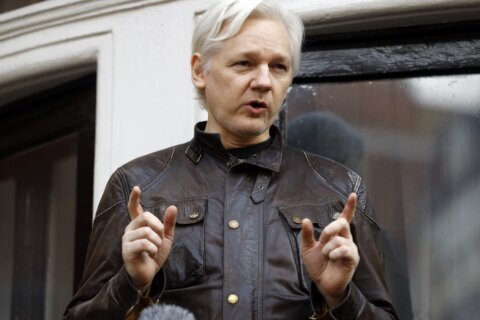In March, the Consumer Financial Protection Bureau issued a rule capping credit card late payments at $8. To close what the CFPB calls “a 2010 loophole exploited by credit card giants,” the rule is intended to curb high fees that can negatively affect consumers.
The CFPB estimates the new cap will save Americans over $10 billion in late fees annually. A typical late fee is $32, and those high fees cost consumers more than $14 billion in 2022, according to the CFPB. However, the new rule only applies to the largest credit card issuers — those with more than 1 million open accounts — since smaller issuers already charge lower fees, the CFPB says.
[Read: Best Credit Cards.]
It’s not just late fees that would be affected by this new rule, however. The CFPB also stated it would:
— End abuse of the automatic annual inflation adjustment. According to the CFPB, many issuers have increased late fees every year without any evidence to support the change. This new rule would eliminate that automatic annual inflation adjustment.
— Require credit card issuers to show their math. The card issuer giants this rule is targeting would still be able to increase late payment fees — as long as they can prove a higher fee is necessary. However, CFPB data shows the $8 cap would be enough for large card issuers to cover their collection costs.
According to a September 2023 survey by Consumer Reports, one in five Americans — roughly 52 million people — paid a credit card late fee in the previous 12 months. In that same survey, 82% said they supported lowering the maximum late fee.
CFPB Director Rohit Chopra said, “(This) rule ends the era of big credit card companies hiding behind the excuse of inflation when they hike fees on borrowers and boost their own bottom lines.”
Hold Your Horses
The new rule was scheduled to go into effect May 14, but a federal judge in Texas issued a preliminary injunction on May 10, halting the process. U.S. District Judge Mark T. Pittman sided with challengers of the cap, which include the U.S. Chamber of Commerce and the American Bankers Association.
In a statement, Rob Nichols, president and CEO of the ABA, called the cap “flawed” and warned it would “increase the cost of credit (and) result in more late payments, higher debt, lower credit scores and reduced credit access for those who need it most. The Bureau’s misguided decision … will force card issuers to reduce credit lines, tighten standards for new accounts and raise APRs for all consumers — even those who pay on time.”
Maria Monaghan, counsel to the U.S. Chamber of Commerce Litigation Center, applauded Pittman’s decision to halt the new rule. “This ruling is a major win for responsible consumers who pay their credit card bills on time and businesses that want to provide affordable credit,” Monaghan said in a statement. “The CFPB’s attempted micromanagement would have raised costs for most credit card users and made it harder for businesses to meet consumers’ needs.”
[Read: Best Low-Interest Credit Cards.]
What This Means for Consumers
For now, consumers just need to wait and see what comes next. Pittman’s preliminary injunction means a hearing must be held where the case can be examined in more detail.
However, even if this rule does go into effect, consumers should know they won’t be protected from other late payment penalties — like dings on their credit report, frozen rewards and losing out on promotional annual percentage rates.
More from U.S. News
Frustrated With Your Credit Card Rewards Redemptions? So Is the CFPB
How to Rebuild Your Credit After a Missed Credit Card Payment
What Happens When You Pay Your Credit Card Late?
CFPB Attempts to Cap Credit Card Late Payment Fees at $8 originally appeared on usnews.com







